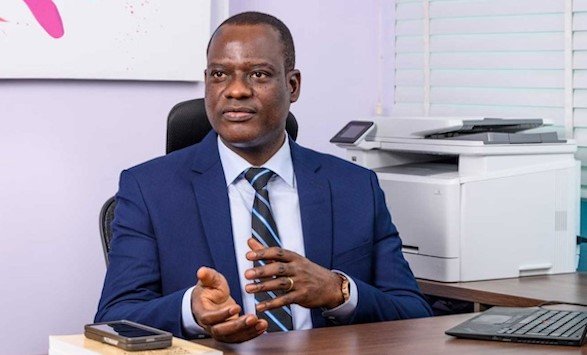Nigeria’s states could earn more than ₦4 trillion annually starting in 2026 when new Value Added Tax (VAT) reforms take effect, according to the Chairman of the Presidential Fiscal Policy and Tax Reforms Committee, Mr Taiwo Oyedele.
He made the projection in Abuja during the launch of the BudgIT State of States 2025 Report, which also marked the 10th anniversary of the initiative.
“With VAT reforms kicking in from 2026, states’ share will rise to 55 %. That could amount to over ₦4 trillion in 2026. The question is: will this money be spent, or will it be invested?” Oyedele asked.
He noted that recent fiscal reforms had doubled the Federation Account Allocation Committee (FAAC) disbursements — from ₦5.4 trillion in 2023 to ₦11.4 trillion in 2024 — yet most Nigerians had not felt relief.
“States are receiving more money than ever before. But there is a paradox: while governments have more naira, ordinary Nigerians have less disposable income,” he said.
Oyedele urged state leaders to channel revenues into projects that directly improve citizens’ lives, not consumption.
Fiscal Gaps and Promising Reforms
The report revealed that 21 states still rely on federal allocations for over 70 % of their revenues, a pattern Oyedele described as risky.
But some progress exists — Enugu’s internally generated revenue (IGR) grew by 381 %, and Bayelsa’s rose by 174 %.
He explained that new tax laws, which hand states full proceeds from electronic money transfer levies and exempt state bonds from tax, would cut borrowing costs and create fiscal space.
“This is a unique opportunity for states to build resilience, close tax gaps, and invest in infrastructure,” he said.
Oyedele also highlighted that, for the first time in years, capital spending had overtaken recurrent expenditure — though results in education and health were poor.
“States implemented only two-thirds of their education budgets, spending less than ₦7,000 per citizen. In health, it was even lower — ₦3,500 per citizen,” he observed.
On debt, he said domestic obligations had fallen by ₦2 trillion, while foreign loans dropped by $200 million, with 31 states reducing their local debt stock.
Still, they owe over ₦1.2 trillion in arrears to pensioners, contractors, and workers. “Borrowing is not the problem; unproductive use of debt is,” he warned.
Strong Calls for Fiscal Discipline
According to the 2025 BudgIT rankings, Anambra led the fiscal performance chart, followed by Lagos, Kwara, Abia, and Edo. Cross River, however, plunged from fifth to 29th.
The Deputy Governor of the Central Bank of Nigeria, Dr Muhammad Abdullahi, urged states to entrench transparency and fiscal discipline as revenues surge.
“The challenge is to lock in this fiscal discipline permanently,” he said, advising states to digitise revenue systems, complete Treasury Single Account adoption, and improve education and health budget execution to above 80 %.
He warned that subnationals remain vulnerable to currency shocks, disclosing that the CBN is developing instruments to help them hedge foreign exposures.
Reviewing the whole economy, Abdullahi said the apex bank was working to normalise foreign exchange markets and restore credibility after years of distortion, deficit financing, and low reserves.
A Call for Accountability and Vision
BudgIT Co-founder, Oluseun Onigbinde, described the report as a mirror reflecting the choices made by state governments.
“This began with a simple belief — that every kobo meant for citizens should be traceable, justified, and used to improve lives,” he said.
He added that transparency had become a “competitive advantage” among states, with more governors now publishing budgets and citizens demanding accountability.
But he warned that rising inflation, debt, and overreliance on federal funds still threaten state stability.
The Head of Economic Intelligence at the Nigerian Governors’ Forum, Razaq Fatai, said the report had strengthened fiscal accountability and shaped governance.
“The essence of State of States is to ensure governors use this information to reach their people,” he said.
How will states use the coming VAT windfall — to transform their economies, or to repeat old mistakes?
Rate, Like 👍, Comment 💬, Share this article, Follow us on our social media handles, and Submit your own story to get featured and earn rewards!








